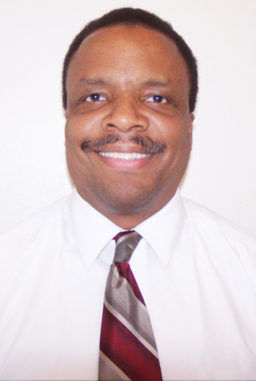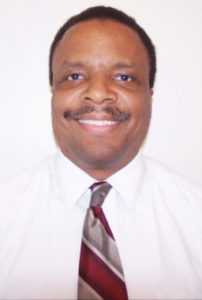

By William T. Robinson, Jr.
While the Super Bowl has been a celebrated and welcomed event for football fans and the American public as a whole, it has become a contentious target for many in the African American community. The ostracizing of Colin Kaepernick, a former quarterback for the San Francisco 49ers for kneeling during the singing of the National Anthem to show his disdain for police brutality and social injustices imposed on African Americans and people of color has riled his supporters and those who can identify with his freedom to express himself peacefully.
Unfortunately, there are those who have relegated his actions as being disrespectful to the flag and those who have served our country or may be serving our country. The main critic leading this charge is President Trump, possibly to incite his base in generating racial strife.
How dare African American athletes or celebrities use their national platform to highlight the indignities facing some people in this country? This is the sentiment of some who feel athletes or entertainers should not deviate from entertaining the public. Although many know that entertainment is often used as a smokescreen to shield the public from the harsh realities inundating our lives.
Now make no mistake, you have devoted diehard African Americans who are not entertaining any boycott to keep them from watching or participating in their chosen addiction to football and you must respect their right to make their individual choice.
But it is hard for many conscientious brothers and sisters from judging the sincerity of those unwilling to sacrifice for the good of the whole, seeing this boycott as an opportunity to show a sign of our solidarity and unity in bringing attention and promoting positive changes that will uplift and bring about equality for all people, especially people of color. It is only when we make it known to the NFL and their sponsors that we are going to boycott their games and products will noticeably change take place because there are those betting that African Americans are incapable of uniting as one and showing solidarity. The solidarity that would promote needed change for everyone suffering from social injustices.
You find many African Americans, especially men, who selfishly rationalize and find excuses, challenging the effectiveness of boycotting the Super Bowl as well as other NFL (National Football League) games.
That is reminiscent of the many Africans Americans who didn’t support Martin Luther King, Jr. by claiming he was a radical, maverick, and troublemaker who was flaming or initiating the wrath of White people, feeling that would wreak harm and death upon African Americans, especially our youth. Ironically, these were some of the same African Americans first to stand in line for the many opportunities and rights gained by the Civil Rights Movement. It is unfortunate that we have some African Americans who may have been blessed not to feel the full sting of discrimination, abuse, and inequality, making them indifferent or apathetic to the pain and suffering of their less fortunate brothers and sisters.
Serious supporters of the NFL or Super Bowl boycott are upset with one of our most revered icons and civil rights advocates, singer Gladys Knight, for choosing to sing the national anthem during the Super Bowl. This is made more surprising when you have superstars like Cardi B, Beyonce, Rihanna, and Amy Schumer who are refusing to have anything to do with the Super Bowl until Colin Kaepernick is exonerated and picked up as a quarterback.
Many see Gladys Knight’s participation in the Super Bowl as insensitive and comparable to treason to African Americans seeking solidarity. But Gladys has stated that she feels it is unfortunate that the national anthem has been dragged into a debate against fighting for justice. She sees each as separate issues. She has expressed that she feels by singing the national anthem, she hopes she can bring people closer together and give the anthem back its voice.
If nothing more, this dilemma has sparked conversation and discussion about selfishness versus unity among the Black community. When all is said and done, we cannot let the biggest weapon (divide and conquer) keep us from moving forward as a people. If we do, we have let those seeking to oppress us continue to win.
This article originally appeared in the Nashville Pride.

Be the first to comment